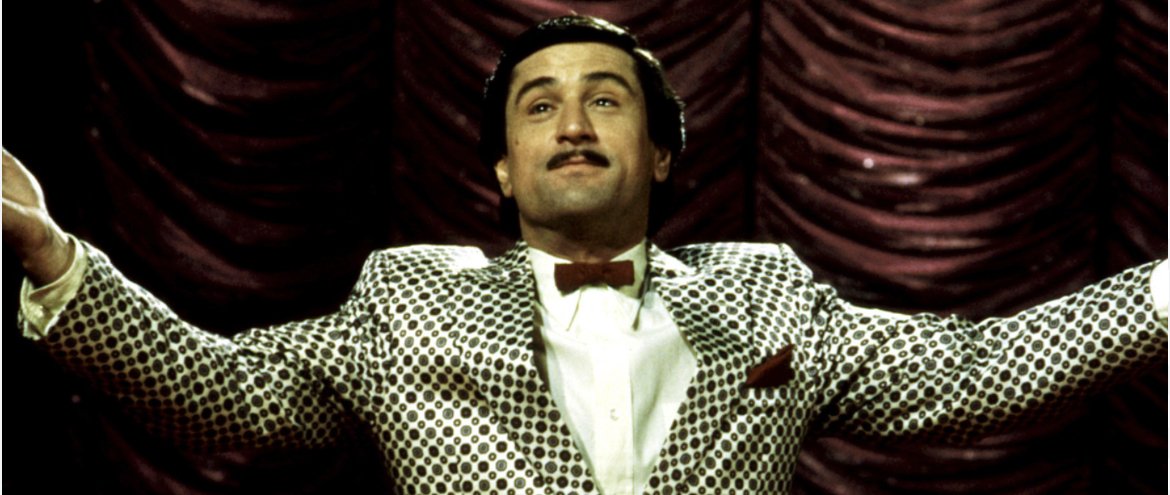“King of Comedy” is one of Martin Scorsese’s most under appreciated films, mostly because it wasn’t loved by critics when it was released in 1983. Scorsese was coming off the sobering triumph of “Raging Bull” and both films couldn’t have been less alike.
“King of Comedy” was a black comedy with satirical elements, and critics were left perplexed by the tonal change that Scorsese undertook. In a recent silly TikTok video, concocted by Scorsese’s daughter, Francesca, the filmmaker took a moment to elaborate on the film:
“People hated it when it came out. It was the flop of the year, that’s what it was called on Entertainment Tonight … It’s ok, it’s alright.”
Largely misunderstood upon its release, “The King of Comedy”, in its portrayal of a man desperately trying to be recognized, looks eerily prescient today. It’s easily one of the best films to have come out of the ‘80s.
Roger Ebert, in his three star review, wrote, "The King of Comedy is one of the most arid, painful, wounded movies I've ever seen. It's hard to believe Scorsese made it.” And that really was the consensus at the time.
And yet, Robert De Niro’s Rupert Pupkin was a clear extension of Taxi Driver’s Travis Bickle. Both characters lived in their own twisted reality. Pupkin, one of cinema's great anti-heroes, despite a lack of talent, succeeds in the film because he cannot process rejection, and he is successful at pushing buttons.
The film's reputation has grown over time, with some ranking it among Scorsese's finest films. Akira Kurosawa called it his favorite film of Scorsese’s. Hell, even Todd Phillips has stated that his “Joker,” which also featured De Niro, was a major inspiration on the film.
By the end of the ‘80s, the “King of Comedy” reappraisal had started. In an American Film magazine critics poll of the best films from that decade, Scorsese’s satire placed 17th. In our own massive poll from this decade, it was named the 13th best film of the ‘80s. Pupkin lives on!






